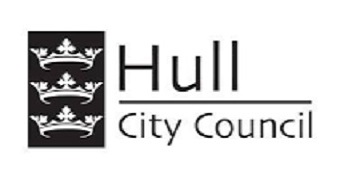When it comes to engagement and building trust, you can’t beat old-fashioned community activism
There is much talk about how new technology and social media can improve democratic engagement in the UK. Writing in the Guardian, Richard Jones, CEO of EngageSciences, said: ‘If politicians were willing to respond to the challenges of digital disruption, it could revolutionise the whole political process, massively boosting voter engagement for all ages and move the UK to a system of genuine direct democracy.’
Certainly political parties are only just testing the potential of new technology and social media in developing policies and encouraging voter turn out. The way parties use these channels will increase and become more sophisticated over time.
But that doesn’t mean they can wash their hands of older tried and tested methods – getting out into communities, speaking to people, persuading them and listening to their concerns. And it won’t replace the importance of community activism as a route to political engagement and involvement. New research from the Community Development Foundation (CDF), Trust in Democracy: how community groups bridge the gap between people and politics, demonstrates how the community sector can improve grassroots engagement with politics. The report highlights how trust in national political structures is declining, with people feeling increasingly distant from the politicians that claim to represent their views.
But it also finds that community activism increases levels of trust in general and increases the likelihood of getting more deeply involved in social action. Community activity has significant potential to restore democratic engagement at all levels.
‘Devolution must go beyond giving new powers to local authorities and embrace community activism as central to creating thriving communities’
This will come as no surprise to people who have worked with or are already active in their communities, who will appreciate the huge amount of energy and enthusiasm that people bring to tackling things they care about. Perhaps this is because community activism offers a purer form of democracy – one in which people can feel that their investment of time, energy and ideas leads to genuine opportunities to make tangible change.
Creating participatory experiences that encourage people to become involved is key to achieving this. As part of the research CDF surveyed its network of community organisations:
- 92% of respondents said that local people should be more involved in the design and delivery of their local public services
- 72% recognised the need for community groups to work together with local authorities to achieve shared goals
There is a connection between an individual’s first experience as a volunteer, to their involvement in community responses to local issues and then to their interest in and interaction with others who govern the ways in issues are tackled. Then there’s the final step – wanting to take on a similar roles themselves. This pathway to other democratic roles is well-trodden.
Devolution must go beyond giving new powers to local authorities and embrace community activism as central to creating thriving communities. It could also improve levels of trust and create a pathway into formal politics. Digital disruption may develop as a powerful force in the political process. But for the foreseeable future old-fashioned community involvement and engagement can connect people to each other, their community and to the political process, building trust along the way.







 Network
Network
